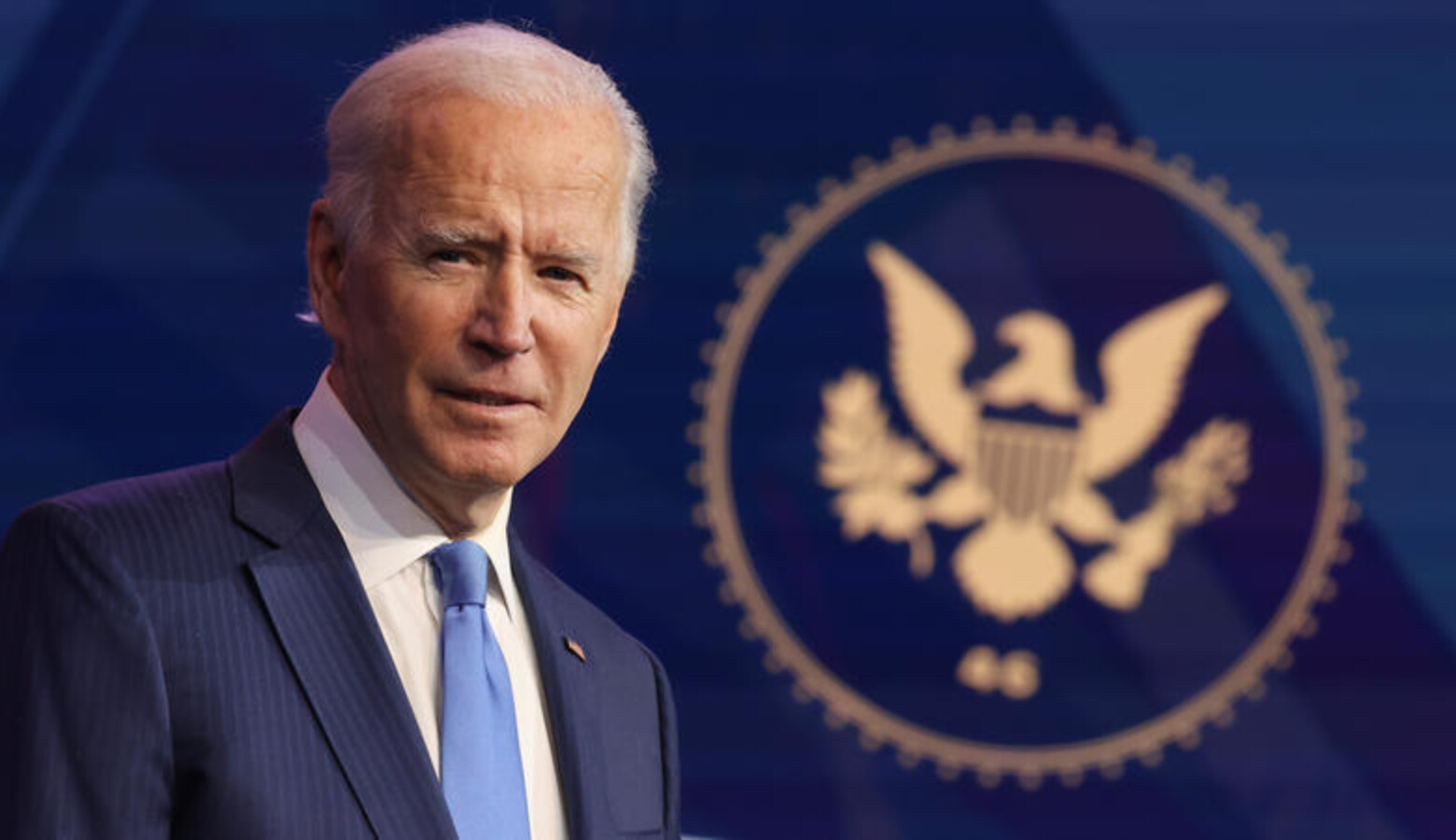University of Notre Dame Research Team Tracks Presidential Transition In First-Of-Its-Kind Study

As far as democratic processes go, the presidential transition usually is largely ceremonial and never really in question. But from President Donald Trump refusing to concede the election, to the violent storming of the U.S. Capitol, this year’s transition has been anything but that . As Indiana Public Broadcasting’s Gemma DiCarlo reports, a team at the University of Notre Dame has been tracking the transition – and making their findings available to the public.
There is a body of laws that dictates what has to happen in the time between a new president’s election and when they take office. More importantly, there’s a host of democratic norms that – if followed – will make the transition a smooth one.
This year, though, many of those norms have been broken.
“Up till now, everybody has respected the right of the winner of the election to take office and cooperated in that transition. That peaceful transfer of power is actually really, really important for the continued survival and health of American democracy,” said Bill Kakenmaster, a member of the Presidential Transition Index research team at the University of Notre Dame.
Each week since the beginning of November, Kakenmaster and five other researchers have combed through federal documents and assessed a list of 46 variables. Those range from “office space” to “training” to “transition funds” – anything that might affect the quality of Biden’s transition to the White House.
The online report the team publishes every Monday provides a real-time look at how well the transition is going leading up to Inauguration Day. This is a first for the team, creating a data index that the U.S. electorate has never had before.
“Nothing in the sense that we are doing has been done before,” Kakenmaster said. “Our scores are contemporaneous rankings of transition smoothness – it’s how smooth the transition is going at any point in time.”
The group also conducts surveys of media experts, former government officials, and other people familiar with the transition. Rachel Gagnon, another researcher on the team, said the surveys help capture less tangible variables, like “information sharing” or “relationship building.”
“The qualitative study is the effort to bring nuance to each of these variables,” Gagnon said. “Is this actually going to make a more functioning government? Is this going to increase transparency, accountability, all these things we’re really caring about?”
It’s that nuance that makes the study unique. For example, in the most recent survey, those experts the researchers surveyed perceived Biden’s ability to address the COVID-19 pandemic to be negatively impacted by the state of the transition – even though most of the legal requirements for a complete transition had been fulfilled.
Survey respondents also expressed concern about how the President’s refusal to concede the election might radicalize his followers, “foreshadowing” the mob at the U.S. Capitol.
Gagnon said even in less challenging years, it’s important for the public to have that information.
“People take this transition time for granted, but people really need to fight for these provisions to be met,” she said. “This project is just making the data more accessible to the average person who might care about these issues, but might not know how to read a full law and understand what the law means.”
Without that understanding, Kakenmaster said the days of letting presidential transitions go unnoticed might be over. He said there has been a “marked decline” in the quality of American democracy in recent years, making it even more important for the public to advocate for an orderly transition.
With that in mind, he hopes this first-of-its-kind index can be used as a baseline to track future presidential transitions, and to help measure the health of future American democracies.
“The peaceful transition of power between presidential administrations is one of the hallmarks of American democracy,” Kakenmaster said. “So it is really important to not only think about this transition, but to look forward into the next transition.”
Contact Gemma at gdicarlo@wvpe.org or follow her on Twitter at @gemma_dicarlo.
